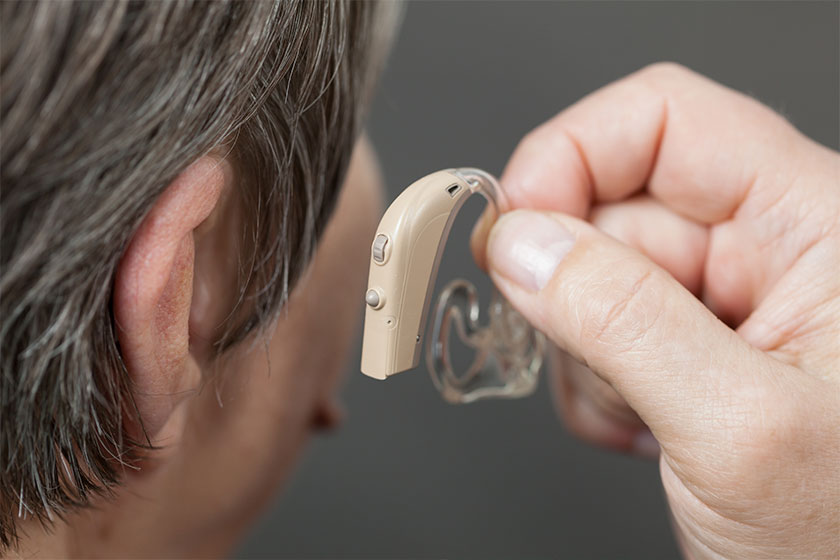Living in an assisted living community can be a great way to enjoy the retirement years, but it also requires taking the necessary steps to properly care for and store your hearing aids. Hearing aids are delicate pieces of electronics and should be treated as such. By taking the necessary steps to clean, store, and protect your hearing aids, you can help ensure they last a long time.
These essential steps will help ensure that your hearing aids remain in top condition while you enjoy your time in senior living in Bexar County, TX.
Step One: Clean Your Hearing Aids
The first step in properly storing your hearing aids in a retirement community is to clean them. Cleaning your hearing aids regularly will help remove dirt, debris, and wax that can build up over time. This will help ensure that your hearing aids are functioning properly and not damaged due to dirt or wax buildup.
Step Two: Keep Your Hearing Aids Away from Moisture
Moisture can damage hearing aids, so keeping them away from moisture is important. Moisture can damage the delicate internal components of the hearing aid, so it is important to store them in a dry place. If you live in a retirement community, it is important to ensure that the storage area is not exposed to dampness or humidity.
Step Three: Store Your Hearing Aids in a Dry Place
It is important to store your hearing aids in a dry place. A dry environment will help keep the hearing aids in top condition and will also help reduce the risk of damage due to moisture. A good place to store your hearing aids is in a drawer or closet that is not exposed to dampness or humidity.
Step Four: Ensure Proper Ventilation for the Hearing Aids
Proper ventilation is important when storing hearing aids in a retirement community. Poor ventilation can cause the hearing aids to overheat, which can damage or shorten the life of the hearing aids. Ensure that the storage area is well-ventilated and that the hearing aids are not exposed to direct sunlight.
Step Five: Use a Protective Case for Your Hearing Aids
It is important to use a protective case for your hearing aids. A protective case can help protect hearing aids from dust, dirt, moisture, and other elements. It is also a good idea to use a case designed for your specific type of hearing aid, as this will provide the best protection for your hearing aids.
Step Six: Use a Dehumidifier or Desiccant Pack
Using a dehumidifier or desiccant pack can help keep the air in the storage area dry and free of moisture. This can help protect the hearing aids from moisture damage and will also help reduce the risk of dirt and wax buildup.
Step Seven: Have Your Hearing Aids Professionally Checked
Having your hearing aids professionally checked regularly is an important step in protecting them. A professional can check the hearing aids to ensure they are functioning properly and identify any potential issues that may need to be addressed.







